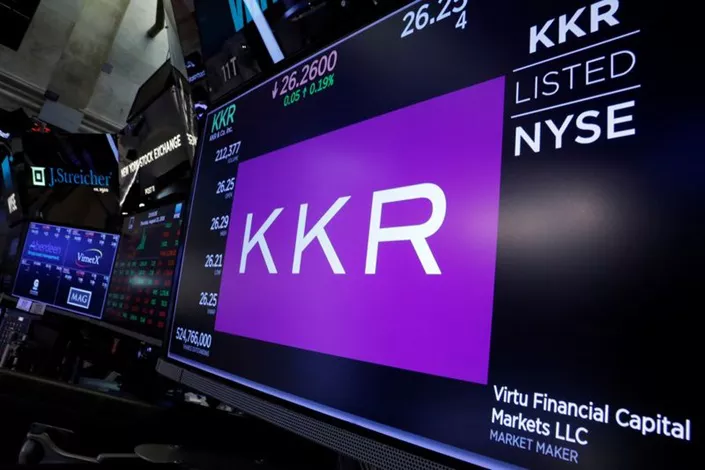Investors in private credit are increasingly looking to sell their holdings in the secondary market, as market volatility caused by U.S. President Donald Trump’s trade wars has pressured them to find new ways to raise cash. Private credit, which involves specialized lenders like Apollo Global Management, Ares Management, and KKR, has grown into a $1.5 trillion industry, attracting institutional investors such as pension funds. Typically, assets in private credit are not traded on the secondary market, but the recent market downturn has led to more inquiries about selling these investments.
The volatility in public markets has prompted investors to seek liquidity, especially as they worry about being overexposed to private assets. As a result, secondary market transactions, typically slow and less frequent in private credit, are picking up. This week, for instance, Pantheon raised $5.2 billion to buy private credit stakes, while Coller Capital acquired a $1.6 billion portfolio of senior direct lending from U.S. insurer American National.
The scale of recent market selloffs has led some hedge funds to offload private debt positions, especially after being hit with margin calls. However, while the market has seen some forced sales, discounts on private credit positions remain relatively moderate, with deals at around 95 cents on the dollar, much higher than the deep discounts observed during the 2020 COVID-19 crisis.
One factor driving this activity is the “denominator effect,” where investors end up overexposed to private assets as the value of public markets falls. The need for liquidity, along with the expectation that M&A and IPO opportunities may be scarce in volatile conditions, is pushing more investors to explore the secondary market for private credit sales.
Secondary market volumes hit a record $160 billion last year, driven by private equity sales and the need for quicker cash return by investors like pension funds. However, private credit transactions remain a smaller share of secondary deals, accounting for less than 1% of the total market compared to 2-3% for private equity. Despite the increased activity, fund managers note that there has been no distressed selling yet, with discounts still in the 5-10% range.
As the trade wars and market uncertainty continue, experts predict more private equity and private credit assets will be sold on the secondary market, as investors seek to manage risk and liquidity needs.
Related Topcis:


